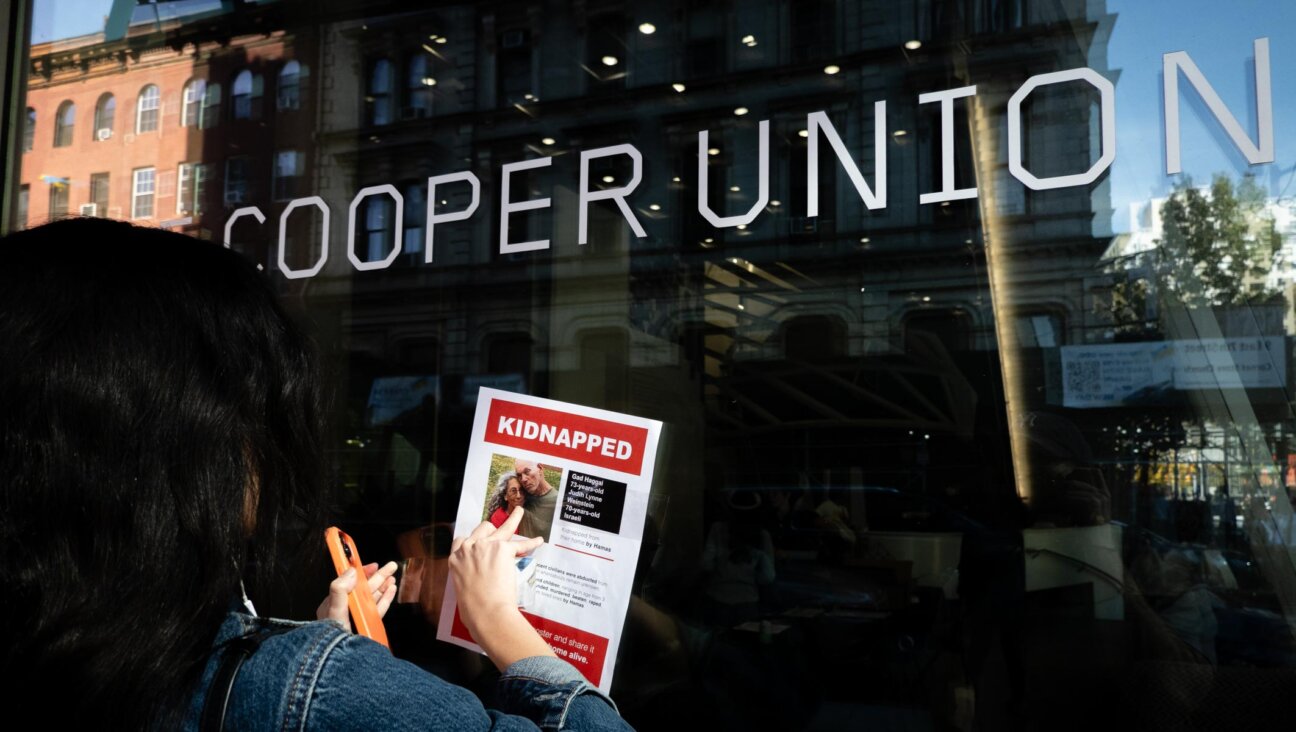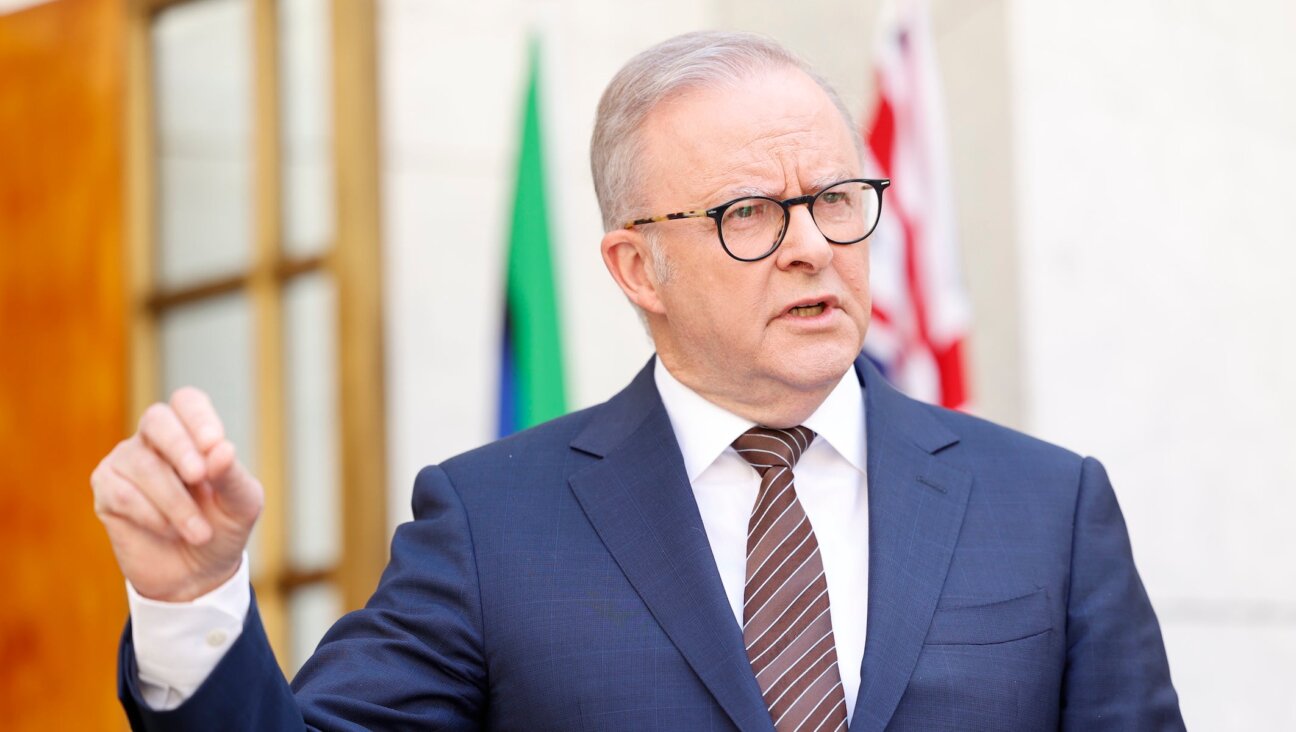Israel Vote Draws Yawns From Middle East Neighbors

Image by getty images
A hardline Israeli government or a very hardline one.
With those widely viewed as the likeliest outcomes Of Tuesday’s election in Israel, the ballot has aroused minimal interest from Middle Eastern states who once scrutinised such votes for clues about the fate of the so-called peace process.
Whether they endorsed U.S.-backed negotiations with the Palestinians or were out to sabotage them, regional powers would see Israeli polls at least as significant straws in the wind.
Not this time, when the only questions appear to be the size of Prime Minister Benjamin Netanyahu’s re-election victory and whether he will rely for coalition partners on sworn foes of any territorial compromise with the Palestinians, or seek to include “centrist” parties still formally committed to the quest for an increasingly implausible two-state solution.
Mustapha Kamal Al-Sayyid, a professor of political science at Cairo University, said Arabs were paying little attention to an election destined only to shift Israel further to the right.
“The chances of a peaceful settlement are already thin under Netanyahu, but they would be even more remote under a new Israeli government dominated by rightist parties,” he said.
In the United States, Israel’s indispensable ally, President Barack Obama may be reluctant to embark on a new drive to break the Middle East deadlock in his second term after U.S.-brokered talks in the first term collapsed almost immediately.
Netanyahu has shifted the whole political terrain to the right, imposing “the language of security, violence and control rather than a language of peace, reconciliation or compromise”, argued senior PLO official Hanan Ashrawi.
“Unfortunately that has dominated the whole election campaign,” she told Reuters.
The region also has more compelling worries than a seemingly predictable parliamentary poll, Israel’s first since Arab uprisings erupted two years ago, reshaping the Middle East.
The upheaval’s biggest scalp so far is Hosni Mubarak, who preserved Egypt’s 1979 peace treaty with Israel for 30 years.
An Islamist leader, Mohamed Mursi, is now in power, saying he will not scrap the pact. But videotapes that surfaced this month of speeches he made in 2010 as a Muslim Brotherhood leader have alarmed Israelis and others with their crude anti-Semitic remarks and calls for children to be taught to hate Israel.
Yet Israel’s election is hardly uppermost in the minds of Egyptians, who Al-Sayyid said were preoccupied with this week’s anniversary of the anti-Mubarak revolt, their own next election and economic difficulties exacerbated by political turmoil.
Syria’s devastating civil war and the ousting of leaders in Tunisia, Egypt, Libya and Yemen have largely overshadowed the Israeli-Palestinian conflict, despite Israel’s brief war in November with Hamas Islamist militants in the Gaza Strip.
Hamas, which rejects Israel’s right to exist, and its more moderate Palestinian rivals led by President Mahmoud Abbas have renewed attempts to heal their feud since the Gaza conflict. Neither faction has high expectations from the Israeli election.
“Palestinians have no option except to unite against the Zionist enemy (Israel), whose extremism increases every day,” Osama Hamdan, the leader of Hamas in Lebanon, told reporters in Gaza on Sunday in a terse comment on the Israeli vote.
Netanyahu, playing on his security credentials, has tried to keep the focus on perceived external threats, especially Iran’s nuclear programme, while vowing to promote Jewish settlement expansion in the occupied West Bank and east Jerusalem, both captured, along with the Gaza Strip, in the 1967 war.
“The problem in the Middle East is Iran’s attempt to build nuclear weapons, the chemical weapons in Syria and the Islamist radicalism spreading in Africa, threatening to sweep the entire region,” the prime minister told his cabinet on Sunday.
A day earlier, he said Iran, the Lebanese Shi’ite Islamist group Hezbollah and Hamas were keenly following the Israeli election to gauge whether his ruling party had grown or shrunk.
“They want a weak Israel, a divided one, and the most challenged country in the world must not be divided,” he said, after opinion polls showed his sizeable lead was declining.
KHAMENEI’S CONCERNS
Hardline media in Iran have indeed forecast that Netanyahu’s Likud party, running jointly with the ultra-nationalist Yisrael Beitenu faction, will fare worse than expected in the polls.
“Contrary to Netanyahu’s predictions, the Likud party and its main ally Yisrael Beitenu will be in a weaker position,” wrote Sadollah Zarei in Kayhan newspaper, whose editor is considered close to Supreme Leader Ayatollah Ali Khamenei.
But Meir Javedanfar, lecturer in Iranian politics at the Interdisciplinary Center at Herzliya, Israel, said the election rated relatively low on the scale of challenges faced by Iran.
“What Iran’s supreme leader probably cares most about is: will the next Israeli government isolate Israel’s position in the international community and damage its relations with the EU and U.S. through more settlement building?
“If the answer is yes, then Khamenei will probably sleep easier at night, because he most probably knows that an isolated Israel will find it difficult to justify a unilateral military attack against Iran’s nuclear sites,” Javedanfar said.
Iran denies seeking atom bombs, but has been markedly secretive about some of its nuclear activity. It points to Israel, widely believed to have the Middle East’s only nuclear arsenal, as the main threat to regional peace and security.
Iran’s ally Hezbollah is always an avid monitor of its arch-enemy, but the Israeli election can hardly rank with the group’s anxiety about the possible fall of Syrian President Bashar al-Assad and the loss of its overland arms lifeline from Tehran.
As for the Palestinians, they can only watch in dismay as their cause is eclipsed as a concern for Israeli voters fed up with failed peacemaking and as Netanyahu elevates Iran’s nuclear ambitions to the pinnacle of his national agenda.
“He presents Iran as a strategic threat to Israel, and he attempts to present the Palestinian question as a domestic issue under Israeli control,” the PLO’s Ashrawi said.
“People who know better understand that the Palestinian question is the real existential issue when it comes to Israel – it’s the key to peace, legitimacy and stability throughout the region, whereas Iran can be dealt with politically.”













